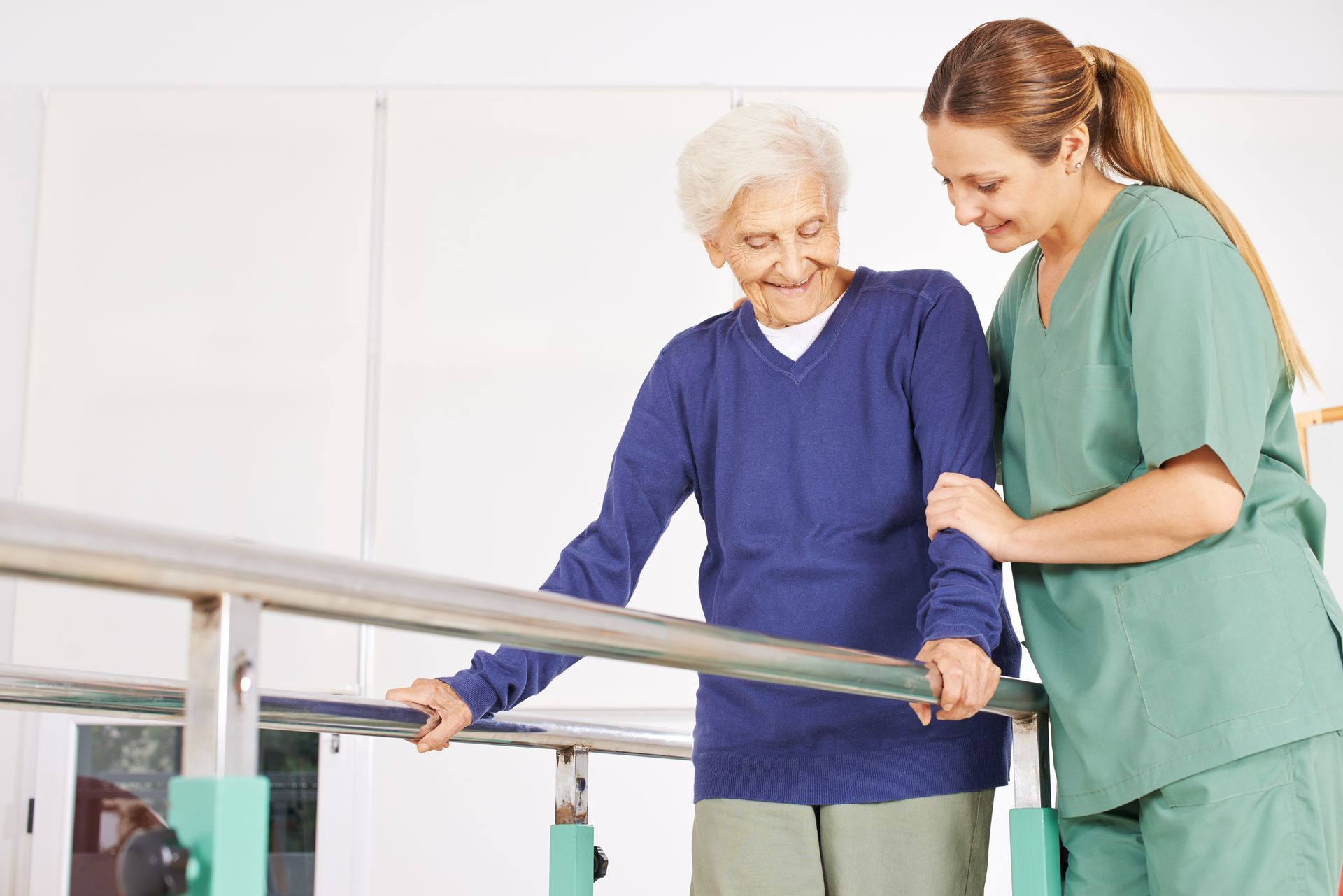Water You Waiting For?
Stay Hydrated!

Our area has been experiencing extreme heat in the past few weeks. CritiCare would like to review tips for our caregivers to stay hydrated during this hot season. Hydration is very important in the summer, especially if you are doing any physical activity with your clients outside. This post will review tips recommended by the Center of Disease Control to beat dehydration, keeping you safe and healthy.
Drink PLENTY of water
Drinking plenty of water is one of the best tips to remember. When our nurses and personal care assistants are preparing to meet with their patients, bringing a water bottle is crucial during this heat wave. If our caregivers are outside, it is especially important to ensure that the clients are drinking plenty of water as well.
The CDC recommends when employees are working outside, to drink at least 8 ounces of water every 15-20 minutes. They recommend this because drinking small amounts periodically is more effective than large amounts occasionally.
Avoid Sugary Drinks and Caffeine
Sugary drinks and caffeinated drinks make you more dehydrated. On days when our nurses are outside for field trips, it is best to stick to water.
Set reminders on your phone
It is a habit of all employees to make sure that their phone is with them before they leave their house for the day. Since many of our nurses and caregivers always have phones on them, putting a reminder on your phone is a great way to help yourself remember to drink water. Some smart watches have a ‘drink water’ notification that you can enable every hour too.
Signs of Dehydration
It is very important for our caregivers to educate themselves on signs of dehydration, so they can be safe throughout their workday. The CDC reports signs of dehydration include extreme thirst, dizziness or light headedness, and dry mouth or throat. If one of our employees or clients’ experiences any of these symptoms, seek medical attention immediately for further assistance. The best thing our nurses and aides can do to prevent dehydration is being mindful of how much water you are drinking, in addition to how much water your client is drinking. By our field staff being observant, this can prevent any serious heat illness.
In conclusion, if our dedicated caregivers and nurses educate themselves on the importance of hydration, it will allow them to practice habits to prevent it. By practicing these habits as a health care worker, you will be able to better educate your students and patients. If you have any further questions about staying hydrated, please reference the CDC website. Specific links are included below references.











